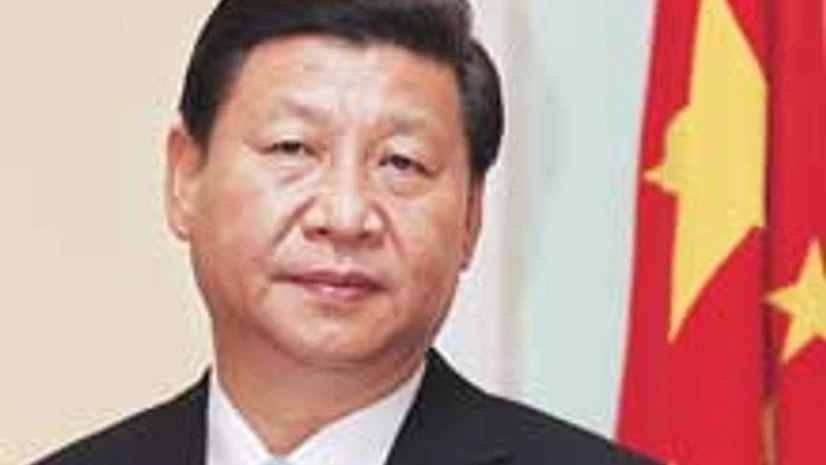Chinese President Xi Jinping today repeated his country's uncompromising claims to the South China Sea but pledged that it would not "bully" its weaker neighbours.
The comments by Xi were in line with China's oft-stated position but come as Beijing's assertiveness in the strategic waterway has raised concerns of potential future conflict.
"Let me make this clear: The South China Sea islands have been China's territory since ancient times," Xi said in a speech during a visit to Singapore.
Also Read
"It is the bounded duty of the Chinese government to uphold China's territorial sovereignty and legitimate maritime right and interests."
China has long laid verbal claim to virtually the entire South China Sea, but in recent years has moved to back that up.
It is now using land reclamation to expand previously insignificant sea features into full-fledged islands and further underpin its claims.
China's neighbours have said the actions violate a regional code among the rival claimants against taking actions that upset the status quo.
Xi said some "Chinese" islands are currently being "occupied" by other countries, but vowed that China's intentions were peaceful.
"What we in China believe... Is that the strong and rich should not bully the weak and poor," he said.
He added that "China will continue to seek resolution of the disputes through negotiation and consultation".
The United States has warned that China's actions could threaten freedom of navigation in a body of water that is vital for world trade.
On October 27, the US Navy sent a destroyer on a sail-by near the site of one of the man-made islands to assert its right to free passage, drawing an angry response from China's foreign ministry.
"There has never been any problem with the freedom of navigation and overflight, nor will there ever be any in the future because China needs unimpeded commerce through these waters more than anyone else," Xi said.
He added that "non-Asian countries should understand and respect this and play a constructive role", an apparent reference to the United States.
Xi is in Singapore for a state visit that suddenly took on new significance when it was announced last week that he would meet Taiwan's President Ma Ying-jeou while in the city-state.
It will be the first meeting between leaders of the two sides since their bitter split in 1949 at the end of the Chinese civil war, which was won by Mao Zedong's Communists.

)
